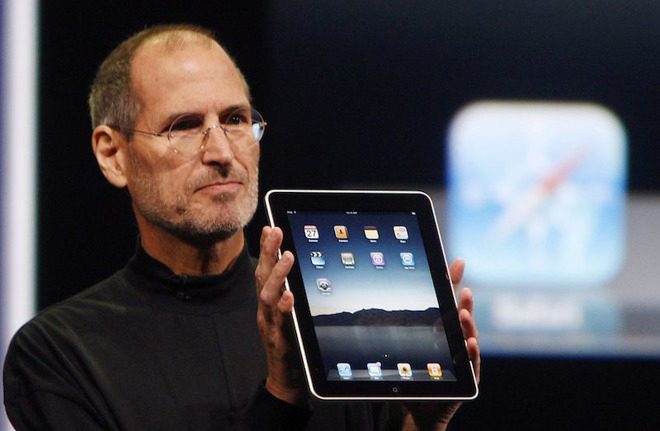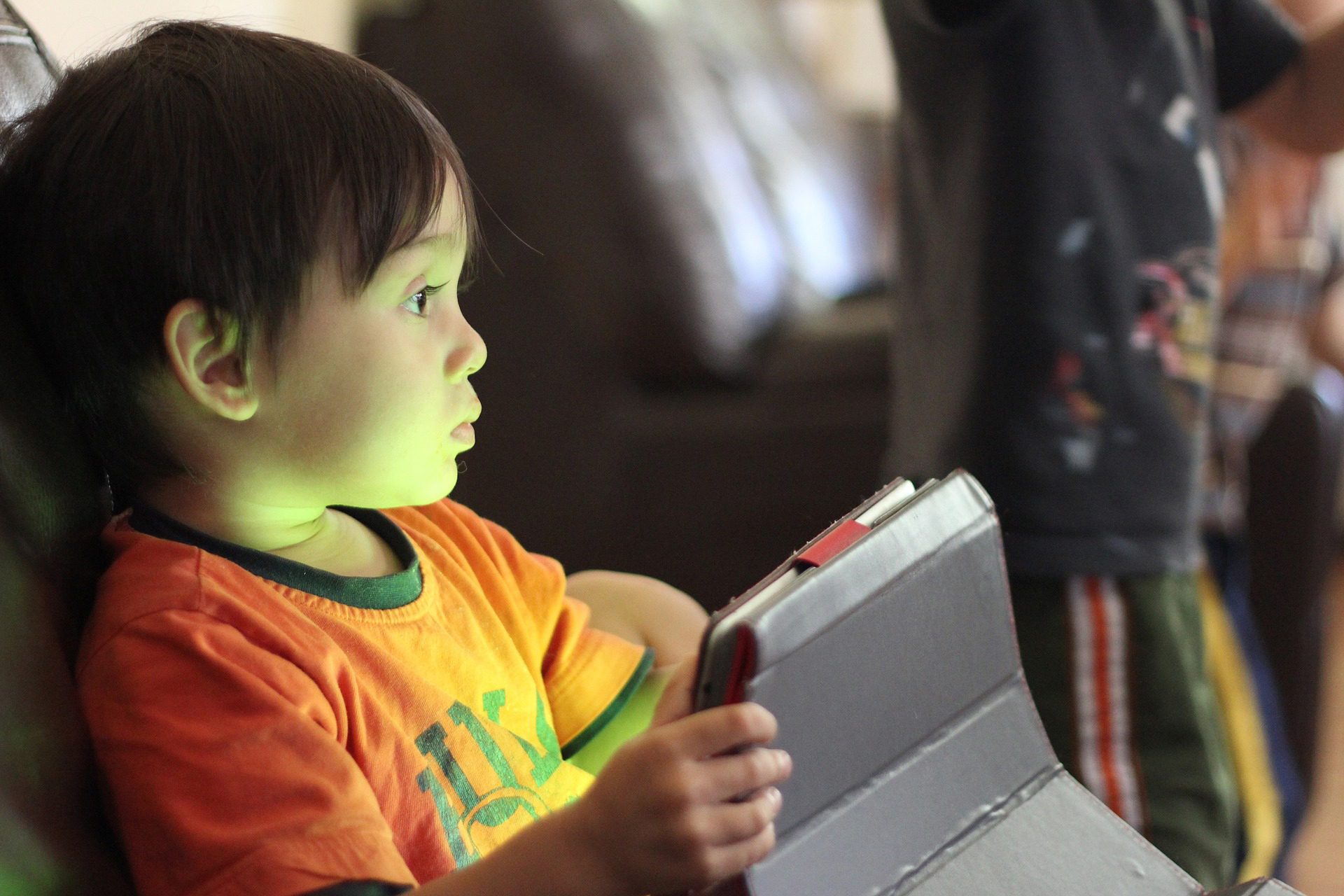Walking out of your house, at the school gates, at the shops and – even more surprising – at the playground are just a few of the places you will notice toddlers, kids and teens gazing down at the screens of tablets and smartphones.
Even worse is what happens indoors in front of the TV screens, and the enormous amount of time wasted watching TV or playing on game consoles. I must admit that, when it comes to our third child, I have found technology a great mini-babysitter, for those occasions when I need just that little bit of time to sort out lunch/dinner or when I need time to teach or do reading with the other two kids.
I am fully guilty, and I know it is wrong, especially when our little two-year-old cries to get hold of the tablet. Already we can see a mini addiction taking place, to the extent that when we hide it, he is fine, but as soon as he sees the tablet, he wants it. It is these observations that make me question the impact of TVs, smartphones and tablets on children.

Little did we know the effect that an announcement by Apple CEO Steve Jobs on 27th January 2010 at the Yerba Buena Center in San Francisco would have on us and our kids. This announcement was about the first-generation iPad; whilst there were other versions of tablets before this date, the iPad was a real game changer, and I am very sure that even the great mind of Steve Jobs could not have foreseen its success and the potential harmful effects on our kids.
Most young children today know how to use a tablet or smartphone way before they even learn to ride a bike. It is then no surprise that you will see many kids, even those with their parents, staring down at screens with a zombie-like expression on their faces, rather than playing outdoors or chatting with their friends and family.
A report published in 2012 showed that 37% of kids aged between three and four went online to see a website, watch TV or play videogames on smartphones while 15.5% watched TV every week.
Research by the Kaiser Foundation revealed that children as well as teens use up to five times more technology than is recommended – in a related incident, a teen was involved in a fatal car crash while texting.
Another team of researchers discovered that seven out of ten parents let their kids use tablets; in fact, 90% of today’s children, even as young as two years of age, have access to a tablet..

Yet the impact of smartphones and tablets on a child’s wellbeing is not known or it cannot me measured, as the data required for a concrete judgement cannot be trusted This is because data collection is in its early infancy.
An experiment conducted by the Centre for Toddler Development at Barnard College revealed that children between 18 and 36 months old did not respond when their names were called out, as a result of being absorbed in an iPad. I have observed this in my kids and I consider myself to be very strict when it comes to time on technology screens. It was found that when the devices were taken away, the children showed signs of creative behaviour while exhibiting more common, sociable actions.
However, all of this must be kept in perspective, since this is the first generation of kids born with smartphones and tablets, and scientists do not have a lot to go on as far as long-term impact is concerned. That being said, there has been evidence of kids suffering from anxiety and other social disorders as a result of spending too much time in front of screens.
Let’s be clear here: TVs, smartphones and tablets are not all bad, since they help children access information quickly (for school and general knowhow) and may improve their hand-to-eye coordination to a certain extent. However, unmonitored use may very well lead to adverse long-term effects that can have a negative impact on a child’s development.

One such negative effect is the “blue light” coming from a TV, smartphone or tablet screen that disrupts the normal sleep/wake cycle and suppresses melatonin levels, the hormone responsible for regulating sleep. It is not a particularly encouraging sign that 75% of children are allowed to take “technology” to their rooms, which has the resulting effect of sleep deprivation.
As parents, it is our duty to protect our kids, who can be easily detached emotionally when online, where cyber-bullying is very common and the internet is rife with material that make our kids feel uneasy about their image – which in turn can raise their depression and anxiety levels.
Having the ability to develop a good set of mental, physical, emotional and social skills means our children need to spend enough time outdoors, be physically active, but at the same time get closely monitored “screen time”. In the current world we live in, we just have to find a way to make it work.
As parents, we are sometimes lost when it comes to knowing what is right; there are consistently conflicting views about smartphone and tablet usage effects, and also non-effects, on our kids. Two studies conducted by Oxford University suggested that there are no effects.
The first study revealed a number of interesting findings that suggested that limiting a child’s digital device usage may not necessarily be beneficial for wellbeing. The second study stated that the amount of time children spend on devices has little effect on how long they sleep.
And just last week The Royal College of Paediatrics and Child Health, the body that oversees the training of specialists in child medicine, said that parents should worry less about their children’s screen use, as there was no good evidence that time in front of a screen is “toxic” to health, as is sometimes claimed.
Taking into account all of these conflicting views, I will conduct a review post about the impact of screen time, smartphones and tablets on a child’s wellbeing.
Sources
- Wanshel, Elyse “10 Reasons Why You Shouldn’t Give A Child A Smartphone Or Tablet”, Littlethings (Online) [Accessed 5 January 2019]
- Pearl Ben-Joseph, Elana (December 2016) “How Media Use Affects Your Child”, Kidshealth (Online) [Accessed 5 January 2019]
- 1stplace (10 June 2015), “How Smartphones and Tablets Affect Children’s Brains”, 1stplace (Online) [Accessed 5 January 2019]
- Walters, Joanna (2 February 2015), “Tablets and smartphones may affect social and emotional development, scientists speculate” The Guardian (Online) [Accessed 5 January 2019]


